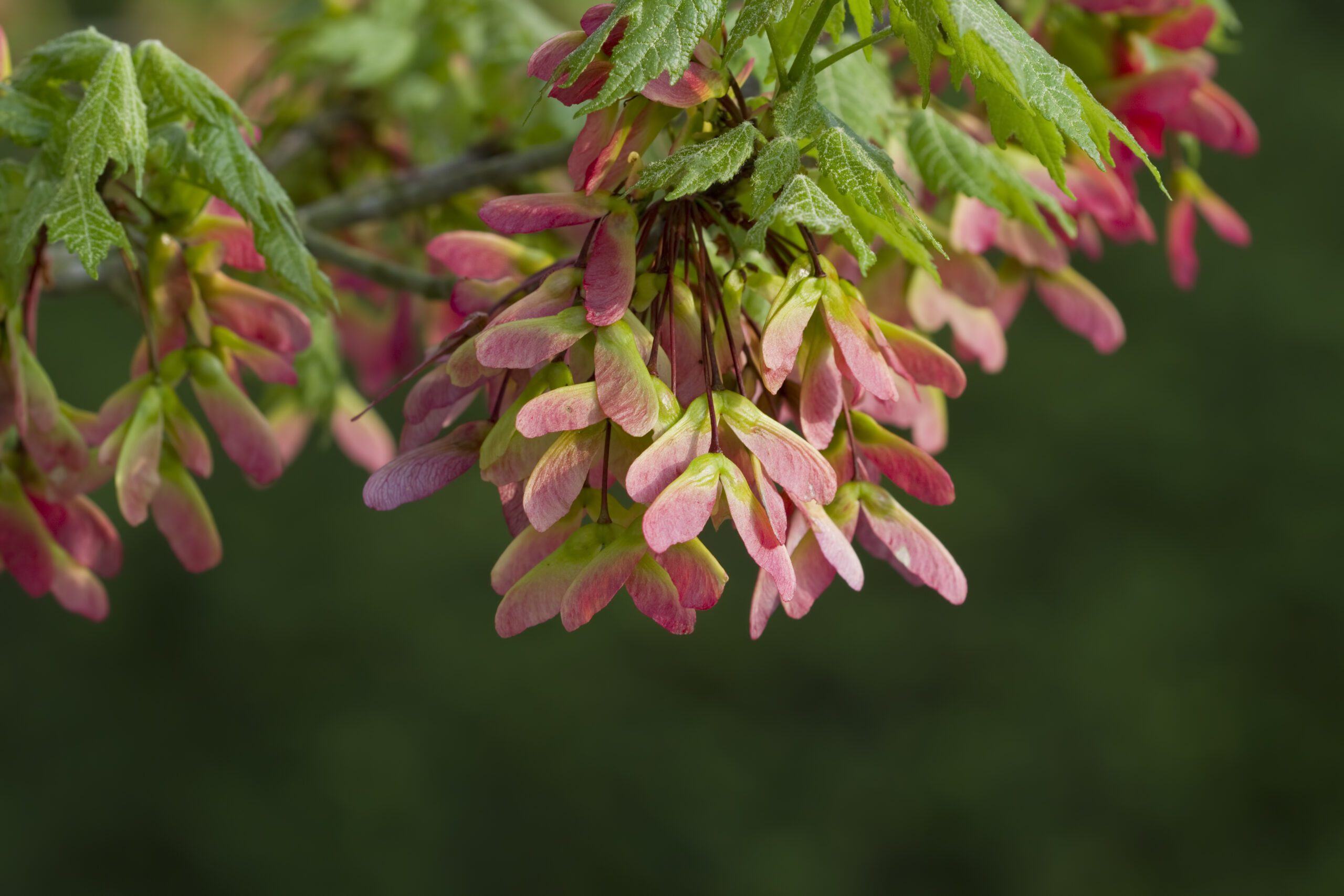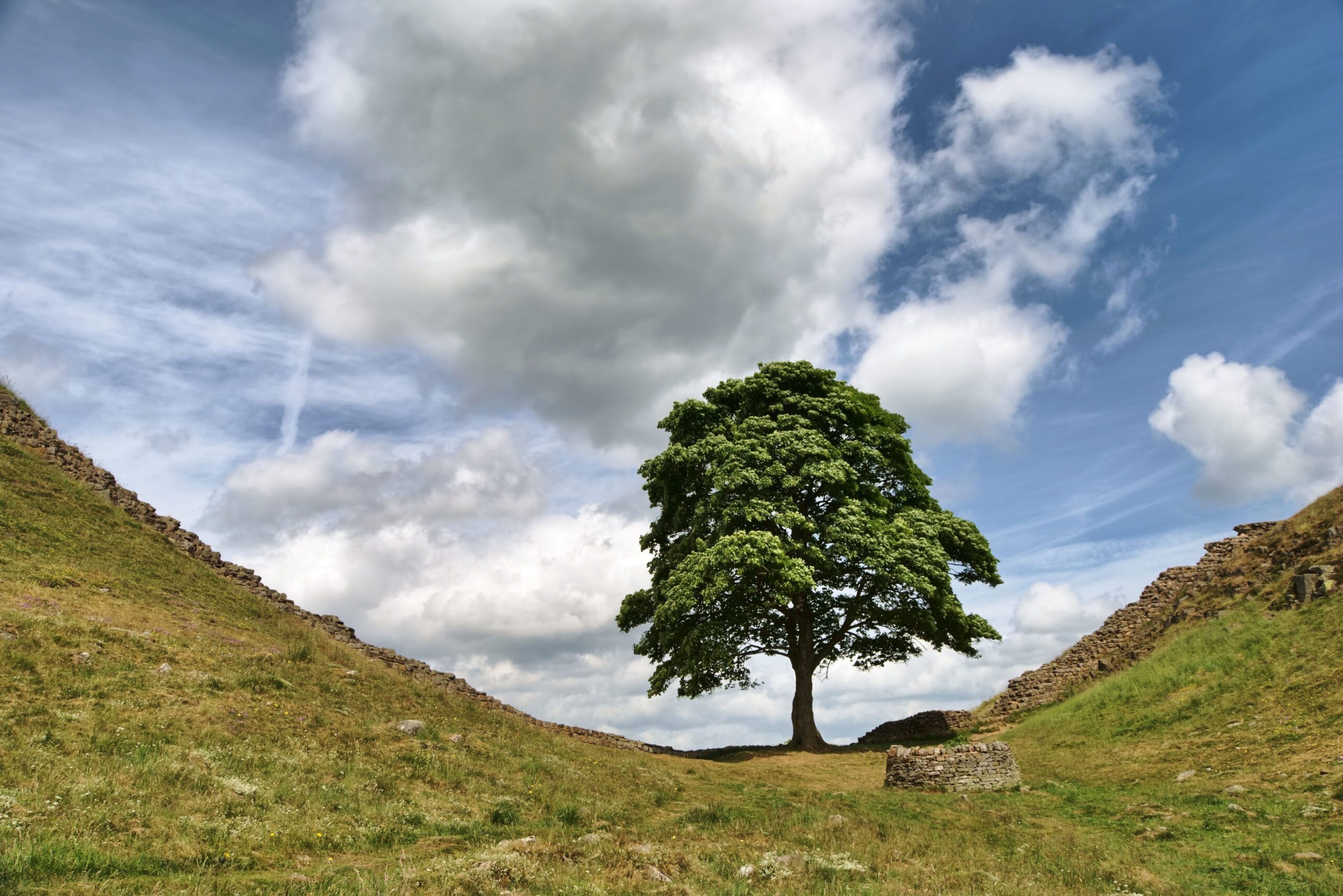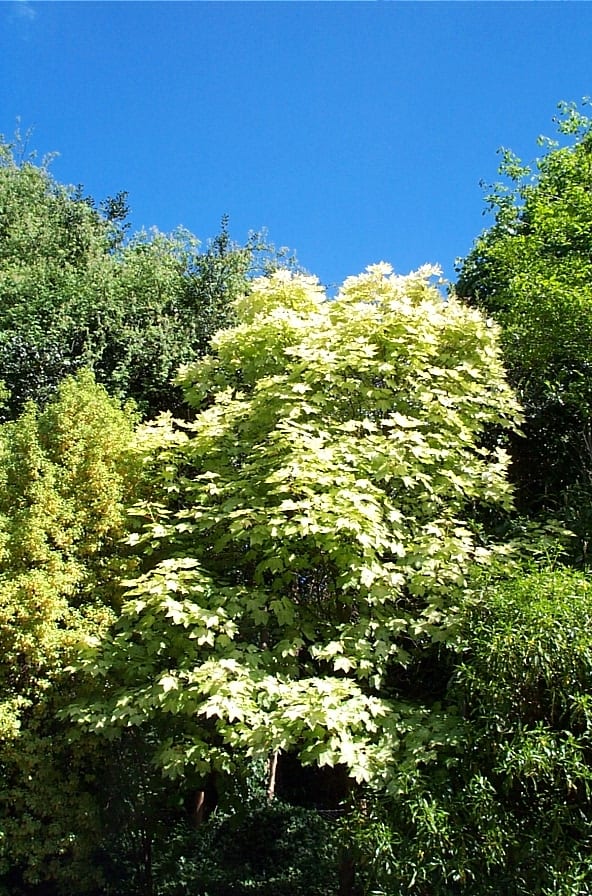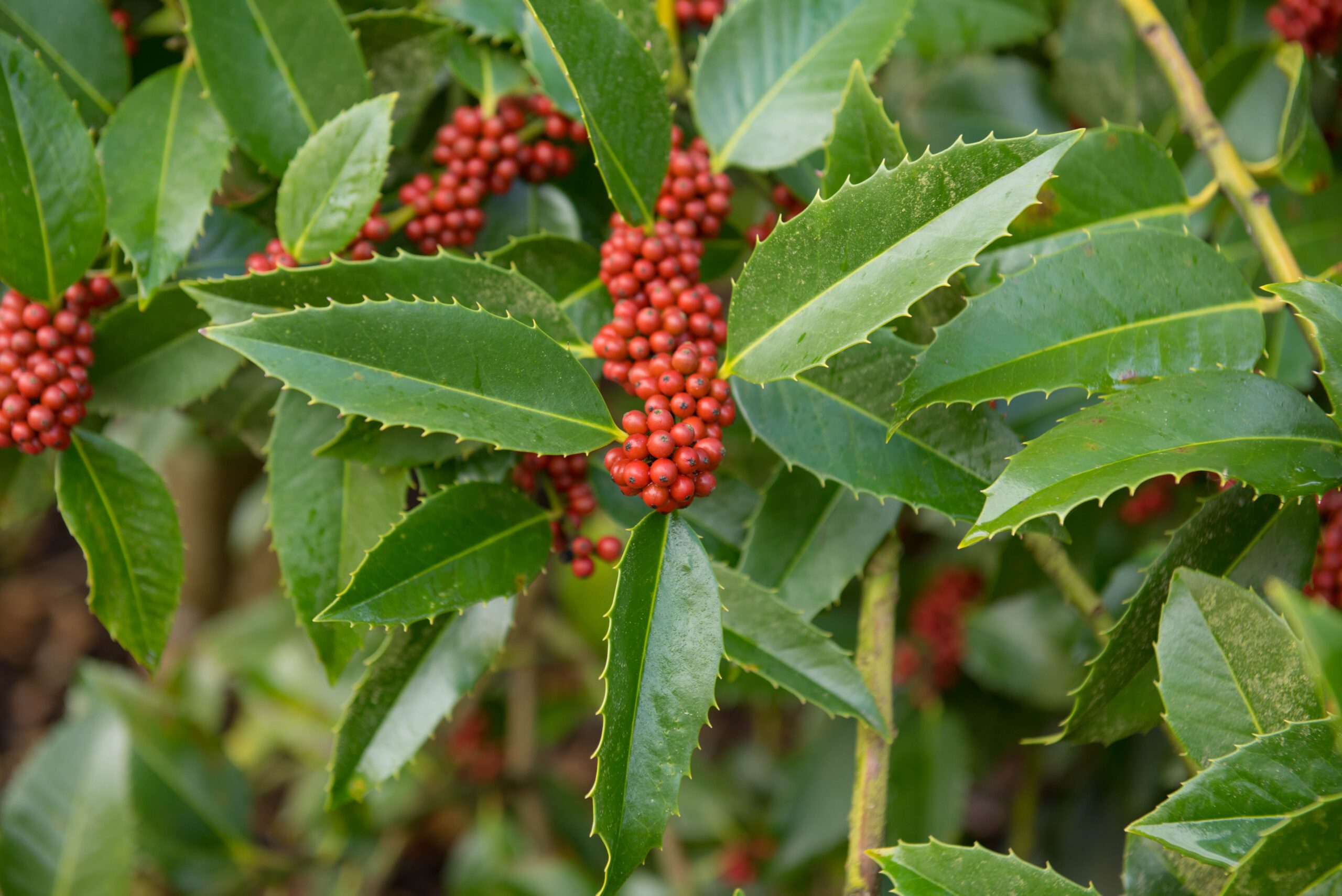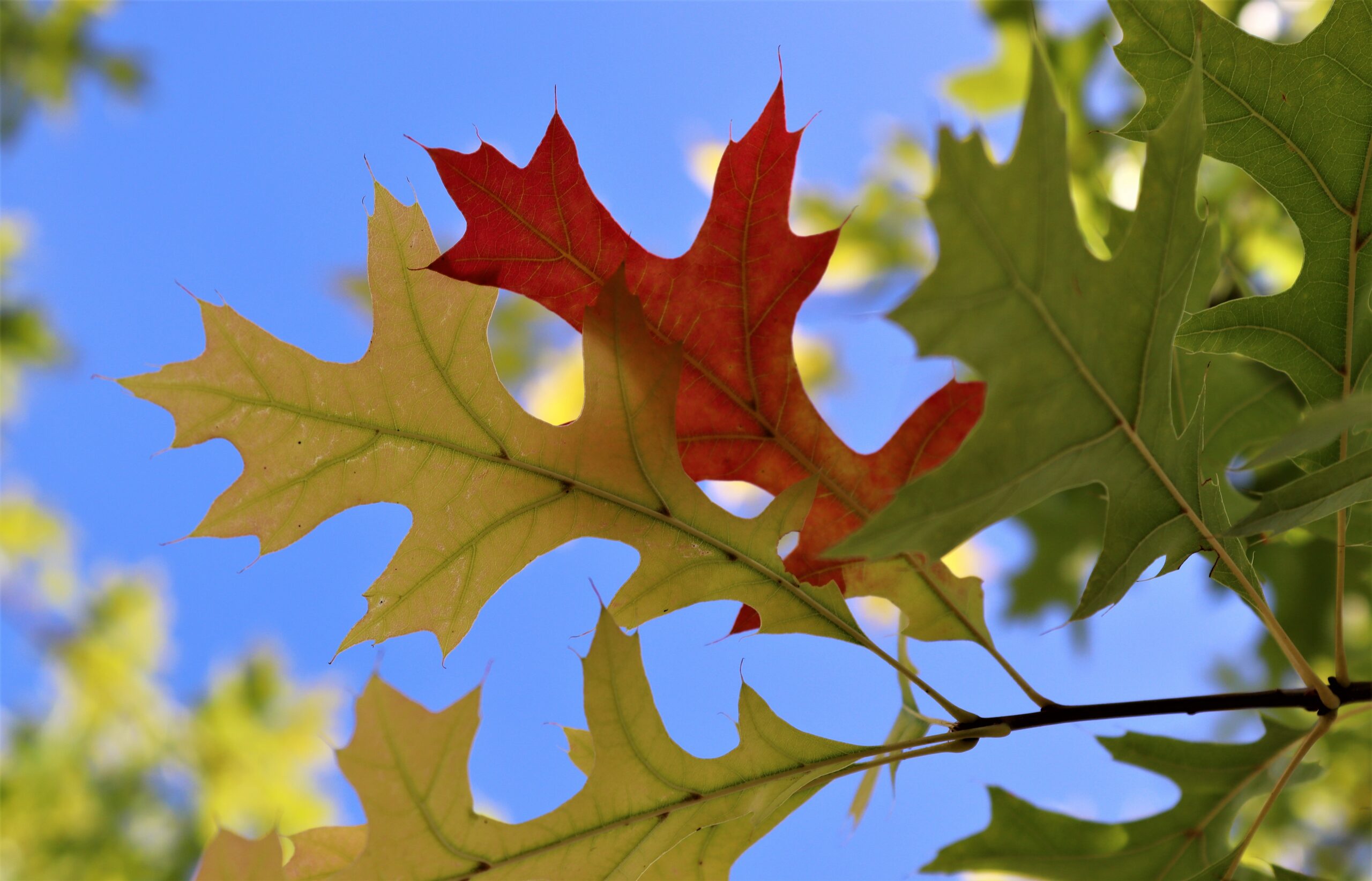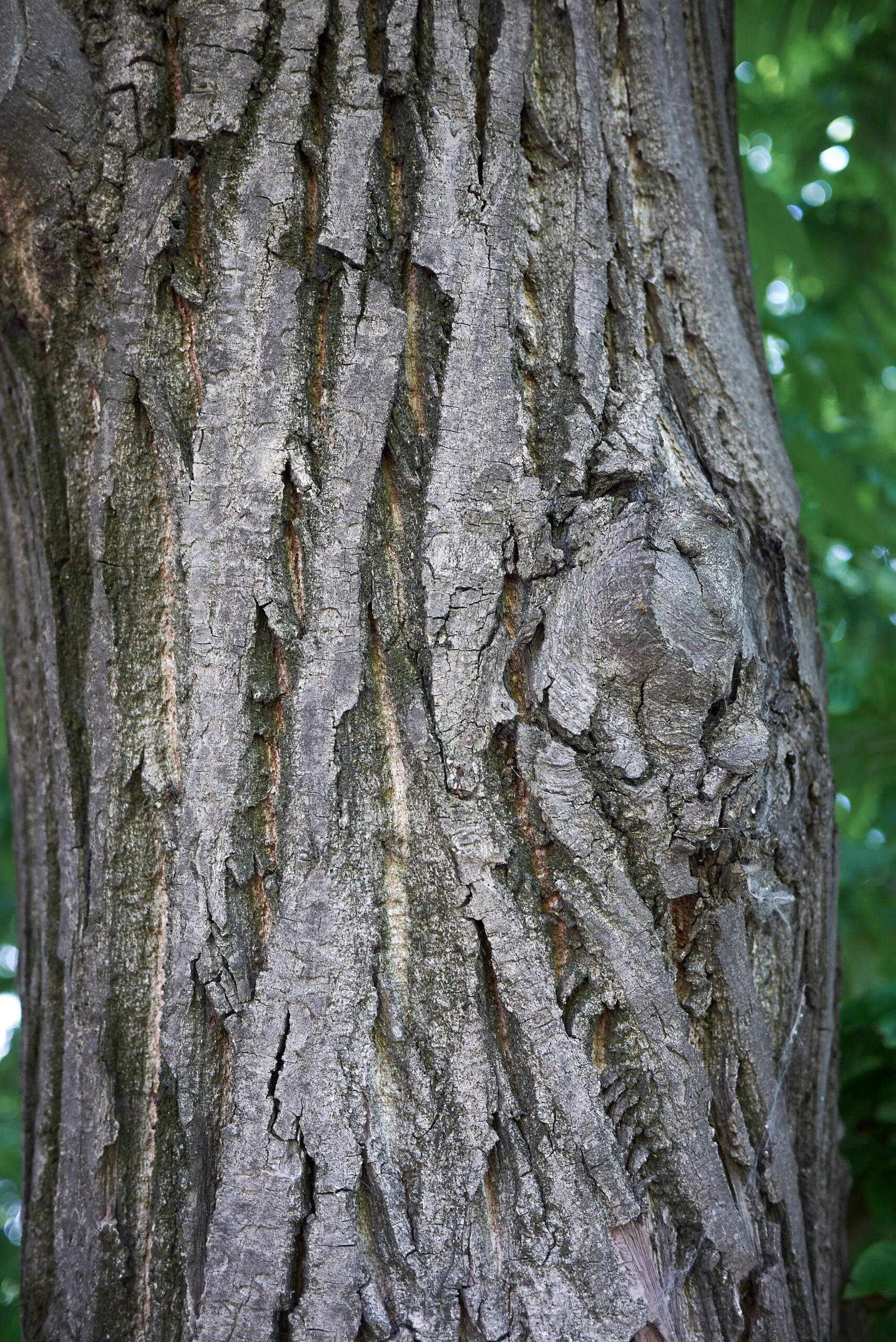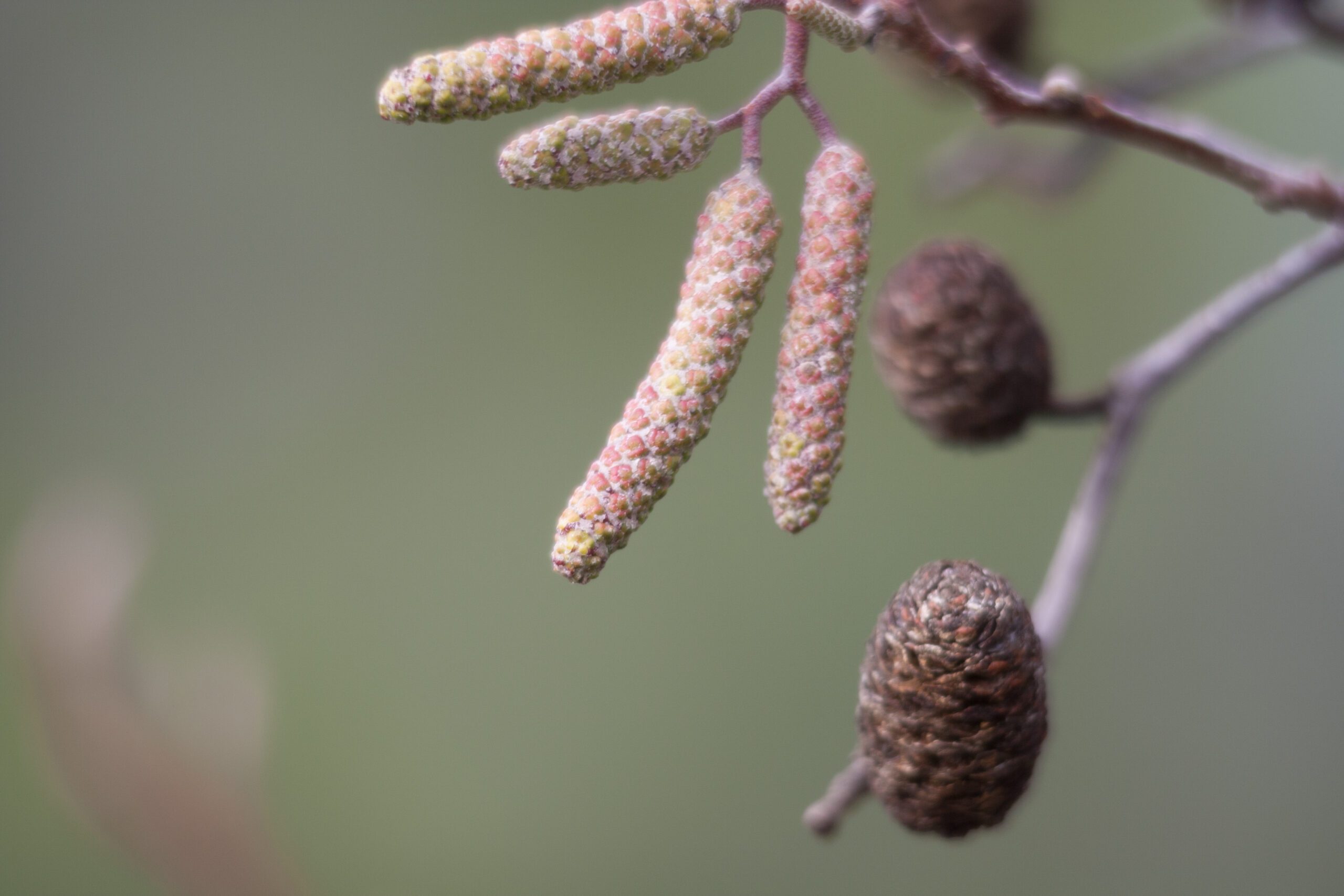Tree Information
Specialities
Tolerances
Wet Soil: High
Dry Soil: Medium
Lime: High
Seen throughout England among hedgerows, rural landscapes and urban inner cities, Acer pseudoplatanus, commonly known as the Sycamore, is the bio-diverse backbone to our landscape. It can grow up to 25m and have a long life-span; the solitary Sycamore at the heart of Sycamore Gap stood for 300 years.
Able to survive and thrive in almost all conditions, the sycamore provides limitless solutions to planting requirements. It is particularly useful as a coastal tree, capable of tolerating salt winds and exposure. This also allows its use as an amenity tree along roadsides where heavy salt spreading is common during the winter. Because of its strength in exposed locations, it can be planted as a shelterbelt to allow other species to develop.
Sycamores self-seed vigorously and during the spring the seeds can germinate en masse. This can provide additional benefits but should be taken into account when planning tree locations. The foliage has also been found to be poisonous to horses, so should not be planted close to paddocks or equestrian locations.
When planted in urban locations, sycamore trees provide needed support to a diverse range of wildlife. Over time this tree will mature into the landscape, becoming a strong, dignified presence.
Visit our Useful Resources for in-depth guides
Discover guides to help you with specifying your trees, caring for your trees and understanding the weights and dimensions of trees.
Useful ResourcesSize
Large
15m high x 8m wide after 25 years
Environment
Sycamores thrive in urban locations and coastal positions.
Canopy
Wide and dense becoming irregular shaped as it matures.
Foliage
Five-lobed green leaves that measure 15cm across. Leaves have characteristic red stalks on young growth. The Latin name translates to like a plane tree, as the leaves are similar to those of the Platanus.
Flowers
Produces lemon-green flowers that hang in panicles. The flowers produce copious amounts of pollen and nectar for bees and insects.
Resilience
An extremely hardy tree that is tolerant of all soil types, except excessive clay.
Make an Enquiry
Enquire below and speak to one of our expert team. For trades only, for general public enquiries click here.
Find Trees For Your Project
View Our TreesSpeak to a Member of Our Sales Team
Make an Enquiry
